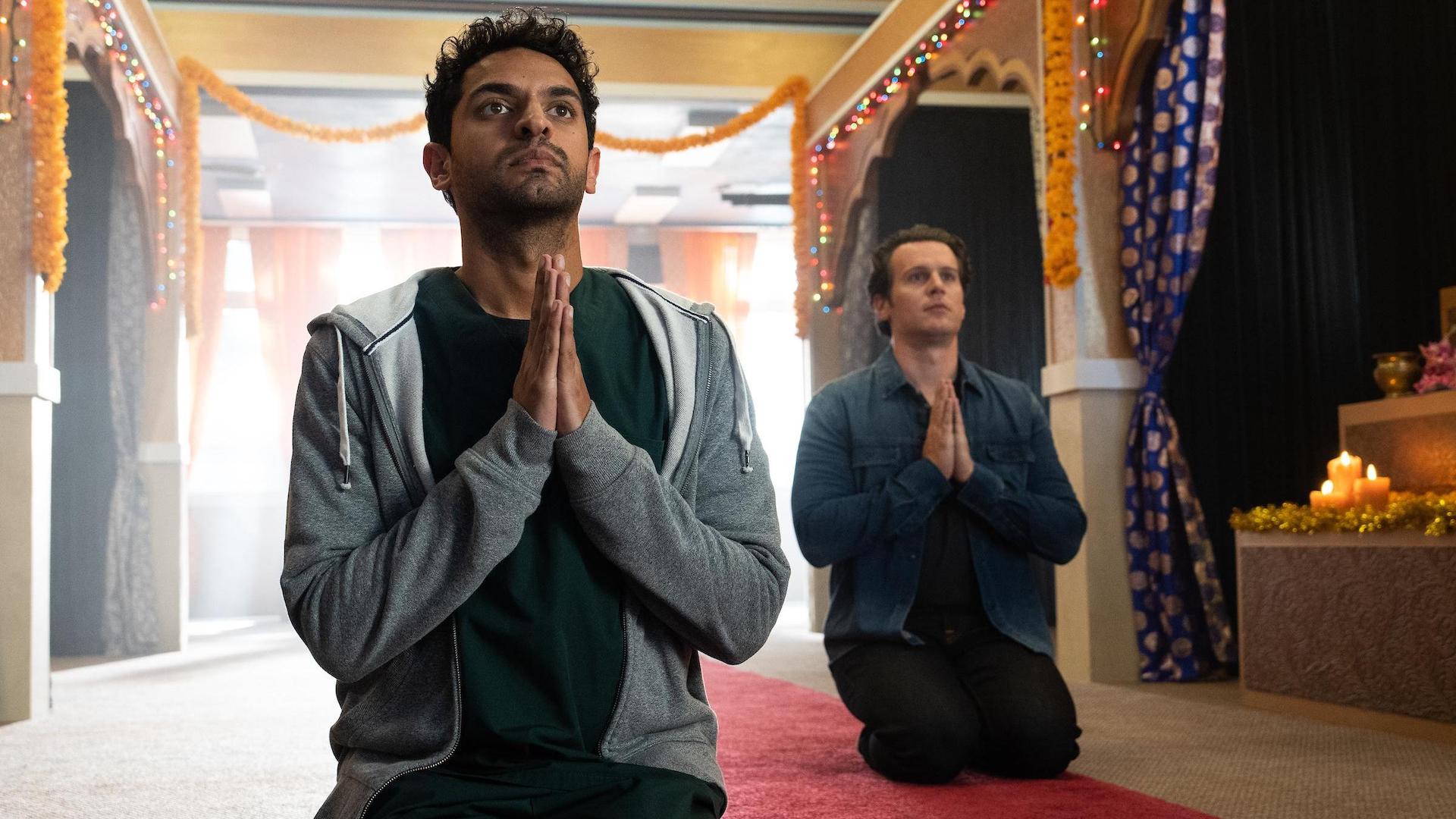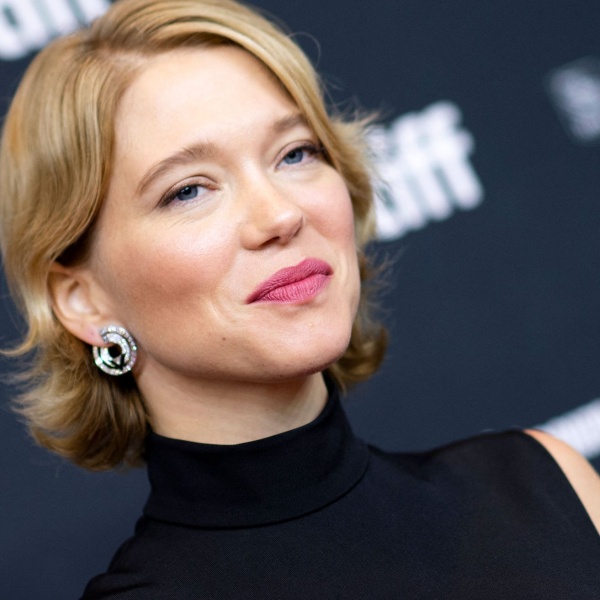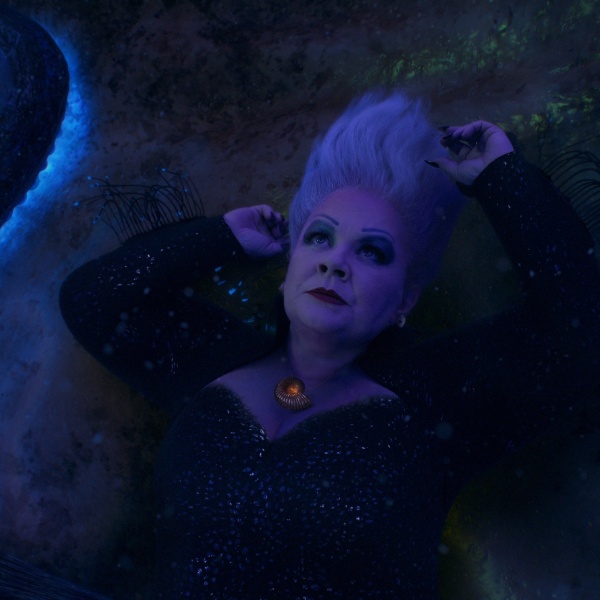I did not have Jonathan Groff singing “Tujhe Dekha To Yeh Jana Sanam” on my 2024 bingo card. The Broadway actor humbly steps into Indian culture in Roshan Sethi‘s “A Nice Indian Boy,” which repeatedly connects back to Aditya Chopra’s “Dilwale Dulhania Le Jayenge” — the film that originated “Tujhe Dekha” (and happens to be heading to Broadway, not that Groff would know anything about that…).
Written by Eric Randall (and based on Madhuri Shekar’s play), “A Nice Indian Boy” is all about subverting stereotypes about Indian culture, both within and outside of the community. The title itself is a cheeky twist on every aunty’s favorite refrain: that when a girl is of the right age, she or her family will find her a “nice Indian boy” to settle down with.
This time, however, protagonist Naveen (Karan Soni) is the one planning to bring home a nice Indian boy, which is probably not what all those aunties were picturing. But “A Nice Indian Boy” delights in defying expectations, even as it follows a traditional love story structure. For starters, Naveen’s parents know that he’s gay, which immediately releases the film from covering a coming out story along with everything else it tries to accomplish. And as for that nice Indian boy … meet Jay (Groff).
Groff’s character was adopted by Indian parents, grew up praying to Ganesh (which he pronounces correctly, ga-NAYsh and not ga-NESH), and loving “DDLJ.” Once again, “A Nice Indian Boy” cleverly spares the audience a familiar and taxing storyline; Naveen doesn’t have to explain his culture and upbringing to the fiendishly charismatic photographer (they’re even from the same part of India, both with Marathi last names) and after the aforementioned singing on a truly memorable first date, things get serious.
But where “A Nice Indian Boy” does tread old territory is when Naveen has to tell his parents, played by Hindi film veteran Harish Patel and comedian Zarna Garg in her feature debut (and a perfect on-screen distillation of her standup persona), what’s happening in his romantic life. The first generation kid keeping his personal life from his parents isn’t new, but is complicated by race, sexuality, and the seemingly perfect life of Naveen’s sister Arundhathi — whose storyline feels like an afterthought, but one understandably written in to utilize co-star Sunita Mani.
Soni brings his finely-honed awkwardnessto Naveen, wearing a coat of discomfort even as he hits milestones that should provide relief, like coming out and falling in love. His deft timing provides most laughs in the film, along with Garg’s keen awareness of how to hit a punchline (and later on, elicit tears).
Like Sethi’s “7 Days,” the cultural touches in “A Nice Indian Boy” never feel like an afterthought. From the last names to the licensed songs and footage from “DDLJ” to the strategically placed song by the out-and-proud Ali Sethi, this is not a South Asian movie made with the sole purpose of peddling its South Asian-ness. Sethi’s passion for love stories is inherently intertwined in his love for Indian culture and cinema, and now with his queer identity as he applies those potent if predictable storytelling techniques.
Bollywood love isn’t only for straight people (something the Indian industry is only incrementally dismantling), and in “A Nice Indian Boy,” Naveen realizes that it’s not just for Indian people either. When love is that big, it spans cultures and generations, bringing everybody together in the end — just like “DDLJ.”
Grade: B+
“A Nice Indian Boy” premiered at the 2024 SXSW Film & TV Festival. It is currently seeking U.S. distribution.





